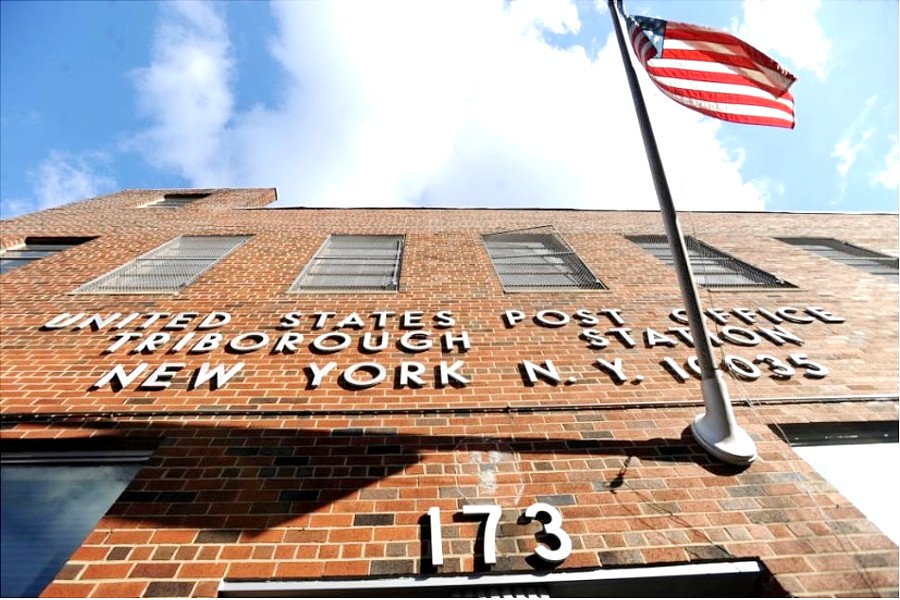 Having a loved one with a substance abuse problem can be worrying and leave you feeling helpless.
Having a loved one with a substance abuse problem can be worrying and leave you feeling helpless.
Addiction is a serious disease and can lead to other self-destructive behaviors that affect the individual’s physical health as well as their social relationships. Addiction can also impede the patient’s ability to assess their situation and care for their own well-being. This necessitates concerned family and friends to step in and take charge of the situation.
Over recent years, Miami-Dade county has seen a rise in fatalities caused by substance abuse, so it is understandable to want your loved one to get help and get better. Arranging for intervention with their family and friends can help the individual confront their addiction and open them to seeking treatment at a Miami drug rehab, but these events are not always successful. People with addiction disorder may be in denial of their condition and remain resistant even to repeated efforts to convince them to rehabilitate. The situation is not a hopeless one as some states have laws that allow the individual’s family to petition for a court-ordered intervention. In Florida, this statute is known as the Marchman Act.
What Is the Marchman Act
Officially known as the Hal S. Marchman Alcohol and Other Drug Services Act of 1993, this law allows family members to petition for emergency intervention. This is applicable for serious addiction cases wherein the individual suffers from drug or alcohol abuse, rejects or is disempowered to receive treatment, and potentially endangers themselves or those around them. Once the petition is approved, the court may then mandate for the individual to undergo assessment and treatment. This involuntary participation is carried out with the understanding that the individual is at risk and currently unable to advocate for their own welfare.
What Are the Requirements
A Marchman Act petition may be requested by the individual’s legal spouse, family member, guardian, or three unrelated adults of good standing who have personally witnessed the individual engaging in substance abuse. It may also be filed by relevant authorities such as the individual’s doctor or therapist, or by law enforcement.
It is best to consult with an attorney knowledgeable about the Marchman Act to assist in the court proceedings and to ensure that the petition is correctly filed. The petition must be notarized and filed in the county where the individual being petitioned is currently residing. The document must include a government-issued ID with a photo of the individual as well as details of their current address. Once filed, a judge or magistrate will review the petition. There are three possible outcomes:
- The judge may issue an Ex Parte order, deeming the situation as requiring emergency intervention and the petition respondent is immediately taken to a treatment facility by law enforcement officers.
- The judge may issue a summons to the petition respondent and they must appear in a court hearing within 10 days. The respondent may opt to have legal representation.
- The judge may deny the petition if the case does not meet the requirements for involuntary commitment. It may also be denied if treatment is not available or unfunded, or if the treatment provider is unable to safely manage the respondent’s behavior.
In cases wherein the petition is granted, the respondent may be mandated to comply with up to 60 days of treatment in addition to the initial assessment of 3 to 5 days. Treatment can also be extended for up to 90 additional days if a request for treatment extension is approved by the judge.
What Happens When Treatment Is Not Completed
It is important to note that while their commitment may be involuntary, the individual is not physically restrained from leaving the treatment facility. Should they choose to leave or fail to comply with the treatment order, the individual may be found in contempt by the court and could receive a jail sentence.
The treatment facility cannot release information regarding the individual’s treatment compliance and progress to anyone not authorized by the patient. This is in accordance with the Health Insurance Portability and Accountability Act of 1996 (HIPAA law), which protects the confidentiality rights of a patient’s health records.
While the Marchman Act cannot guarantee your loved one’s recovery from substance use disorder, it allows you to take a proactive role in getting them the help they need and hopefully start them on their path to recovery. The concern and support of family and friends can spur them into action but ultimately addiction rehabilitation is a choice they have to make for themselves.
Become a Harlem Insider!
By submitting this form, you are consenting to receive marketing emails from: Harlem World Magazine, 2521 1/2 west 42nd street, Los Angeles, CA, 90008, https://www.harlemworldmagazine.com. You can revoke your consent to receive emails at any time by using the SafeUnsubscribe® link, found at the bottom of every email. Emails are serviced by Constant Contact








